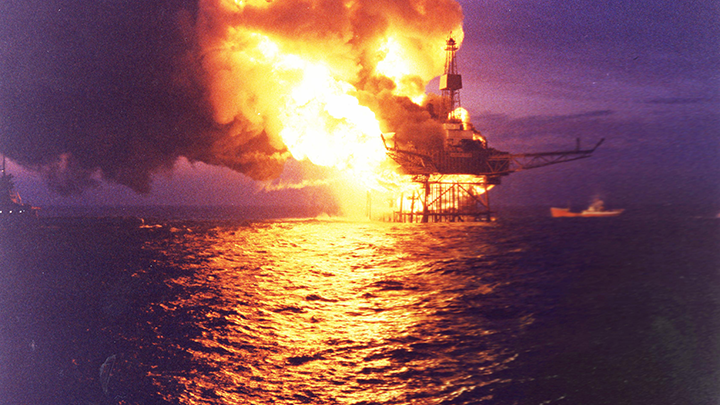Piper Alpha Perspectives: Introducing the Series

THIS week, 30 years ago, 167 men died offshore in the Piper Alpha tragedy.
To mark the anniversary of this landmark event we had planned to run a selection of articles in the coming magazine from experts within our own community of process and chemical engineers. This all changed in June as I sat in the closing session of a standout conference run by Oil & Gas UK dedicated to preserving the legacy of Piper Alpha.
Steve Rae, who survived that terrible night, was on stage with Sam Ash and Joanna Reynolds, two new members of the oil and gas community, speaking about their experiences offshore, their aspirations for the future, and the legacy of Piper Alpha.
In short, I left the conference convinced that we needed to offer a wider set of perspectives on safety – ones that cross disciplines and generations. To that end, from now until the 30th anniversary of Piper Alpha on 6 July, we are publishing a series of articles each day that offer perspectives on Piper Alpha from people both inside and outside of our community.
We open with a detailed examination of the incident itself first published earlier this month in a special issue of IChemE’s Loss Prevention Bulletin. In the article, chemical engineering professor Stephen Richardson, an expert witness in the Piper Alpha inquiry, and Fiona Macleod, chair of the Loss Prevention Bulletin Editorial Panel review the causes of the event, the findings of the investigation, and challenge you, the reader, to answer a series of questions about safety where you work.
From here, over the coming five days we will publish insights from:
- Lord William Cullen, who investigated the Piper Alpha disaster on behalf of the government, and shares his views on how warning signs are missed in the build up to disaster;
- Dame Judith Hackitt calls for us to share knowledge across sectors in light of the Grenfell Fire;
- Piper Alpha survivor Steve Rae issues a call for industry to use evidence-based development to develop a fully competent workforce; and
- the next generation of offshore workers talk about how Piper Alpha has shaped their careers despite being born after the accident happened.
We will publish more than a dozen pieces in the series, and I am incredibly thankful to the authors who generously agreed to share their thoughts on such short notice.
There is much to learn, share, and strive not to forget.
And in case you have not seen it, I recommend you watch the short film embedded below from the excellent Step Change in Safety organisation. Remembering Piper: The Night That Changed Our World is a dramatised account of that final night aboard Piper Alpha. It is hard to watch and having watched it many times now, I have to admit that I always struggle to watch to the end. But we owe it to those who died to recount what happened – and to commit ourselves to do all we can to share the lessons of Piper Alpha to prevent the reoccurrence of such disasters, and beyond that ask how we should commit ourselves to strive for continued improvement.
I hope you find this series valuable, and if you do, please share the links to the series with colleagues both inside and outside of the discipline. To read the rest of the series visit here
Recent Editions
Catch up on the latest news, views and jobs from The Chemical Engineer. Below are the four latest issues. View a wider selection of the archive from within the Magazine section of this site.




